AI ENGINEER - JOB DESCRIPTION
Missions, skills, responsibilities, training
AI (ARTIFICIAL INTELLIGENCE) ENGINEER
Definition
The Artificial Intelligence (AI) Engineer is an expert in the design, development and maintenance of computer systems with the ability to perform complex tasks autonomously and consistently.
Applied to video games, the AI Engineer designs and develops AI functionalities to make the game more immersive and fluid: creation of realistic and intelligent non-player characters, implementation of combat systems, improvement of the player’s gaming experience…
Missions of the AI Engineer
- Analyze the needs in artificial intelligence and the feasibility of the project
- Collaborate with the different teams to determine the AI features to be integrated into the game
- Design and develop algorithms and predictive models adapted to the needs
- Create simulators (for augmented reality) and a virtual environment using 3D images
- Set up tools and platforms for the processing of massive data (Big Data)
- Manage AI-related projects (planning, team coordination, resource management, project progress monitoring)
- Maintain and improve existing AI systems
- Ensure optimal operation and continuous evolution of AI functionalities
- Identify R&D areas
- Ensure a scientific and technological watch of the advances in the field of AI
The skills of the AI Engineer
The job of AI Engineer requires skills in:
- computer engineering
- machine learning
- deep learning
- data science
- data mining
- big data
The AI Engineer also masters :
- programming
- development languages (Python, R, Java, C…)
- mathematics
- statistics
- AI tools for video games (Unity ML-Agents, Unreal Engine AI, etc.)
The qualities of the AI Engineer
The Artificial Intelligence Engineer is a professional who possesses technical and analytical skills, as well as important personal qualities to succeed in this constantly evolving field:
- good interpersonal skills to explain AI functionality, answer team questions, and resolve potential issues
- team spirit to work efficiently with the teams involved in the development of the game (game design, level design, development, management…)
- rigor to be efficient and effective
- creativity to find innovative solutions to complex problems, develop new features, optimize
- ethical awareness: AI engineers must be aware of the ethical and social implications of their work. They must ensure that their solutions are fair, transparent and respectful of human rights


Studies and Training
Scientific and technical expertise
ISART’s Game Programming program trains students in scientific and technical expertise applied to video games.
The demanding program is structured around science and specialty courses.
The sciences represent 29% of the overall program and make up a large part of the first two years: Mathematics, Algorithms, Industrial Technology, Physics (especially Mechanics and Optics).
Specialty courses represent 35% of the overall volume of the program. They include general computer science, programming (imperative, low and high level, networks, animation, graphics, physics, optimization, embedded systems), artificial intelligence, system automation, databases and server architecture.
Beyond the technical and scientific foundation, ISART allows its students to interact with other professions as in the industry (Game Artists, Game Designers, Producers, Music & Sound Designers…).
Students are trained to work in a multidisciplinary environment.
An awareness of research
ISART Digital has created a Research Laboratory directed by a Doctoral Lecturer.
Thanks to the partnership with the Tokyo University of Technology, students can go on a long R&D stay.
Human sciences and professional experience
ISART places the development of human skills at the heart of its educational program. Throughout their studies, students are accompanied and evaluated on their ability to analyze and integrate.
The human sciences program constitutes 36% of the total training and is based on fundamentals (industry culture, law, project management, English, management…) and multidisciplinary projects.
At the same time, students are encouraged to enrich their academic career with work experience.
Professional development
Career opportunities
In addition to the video game sector, the AI Engineer can deploy his or her skills in many companies seeking to simplify complex tasks, reduce costs, assist in decision-making… (medicine, finance, defense, security…).
Professional development perspectives
An AI engineer can evolve towards management positions, research program manager, consultant.
Other Science & Tech professions that might interest you
The role of a Gameplay Programmer is to create and implement gameplay mechanisms.
This involves analyzing technical requirements, designing and implementing features such as character movement, environment interaction, game rules, progression and reward systems, and collision and physics mechanisms.
The Lead Developer guides and technically supervises the creation of a video game.



